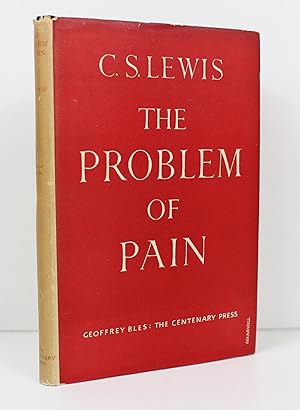
A reluctant theologian, Lewis’s most profound work emerges from his non-fiction musings on the nature of pain. In his memoir, Surprised By Joy, Lewis confessed: “I had been far more anxious to avoid suffering than to achieve delight”. meant Lewis was on intimate terms with pain. He lived through the trauma of two world wars - and tragedies in his own very private life.

2020 has been a year of distress, suffering, and emotional hardship, all familiar in Lewis’ life. Lewis’s philosophy of life – and loss belongs to us today. Lewis remains a profound influence on English literature and thought. But what is the true legacy of his works? And are his writings still relevant today? This November marks the 57th anniversary of his death. He became Chair of Medieval and Renaissance Literature at Magdalene College, Cambridge, in 1954 and it was whilst in this role that he would take his final bow. He even paid homage to it in his 1919 poem ‘ Oxford’.īut Lewis’s renown would eventually take him away from his “sweet city lulled by ancient streams”, to another cloistered environment: Cambridge.


He studied at University College, then became a Fellow at Magdalen College : the beloved children’s author of The Chronicles of Narnia, had a deep connection with the historic university town for thirty years. Lewis (1898-1963) as he is more usually remembered, was at heart an Oxford Man.


 0 kommentar(er)
0 kommentar(er)
